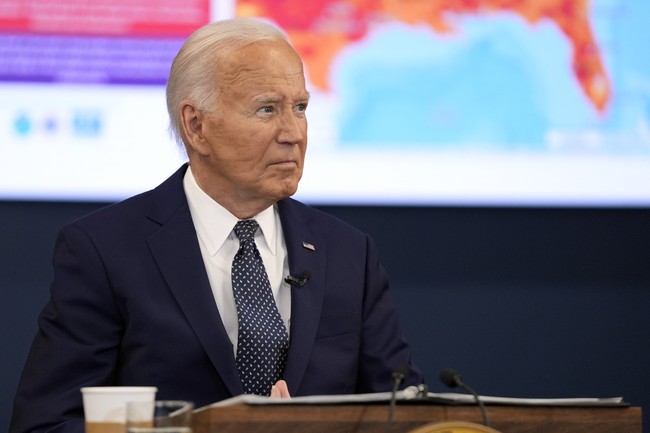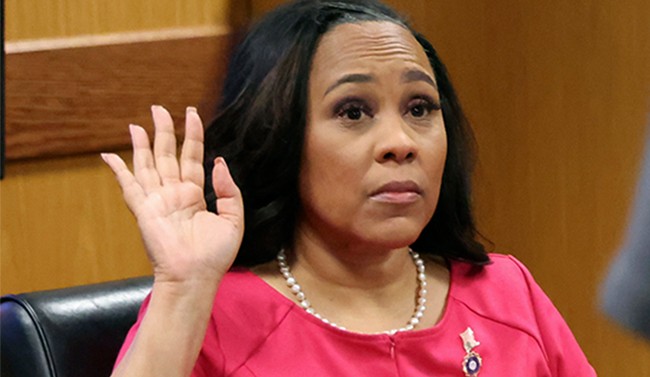Biden's Final Push for Student Loan Forgiveness
As Biden's presidency concludes, criticism and support swirl around his latest attempt to fulfill his debt relief pledge with a $4.28 billion loan forgiveness plan.
Published December 21, 2024 - 00:12am

Image recovered from redstate.com
In a significant final move to uphold a crucial campaign promise, President Joe Biden has announced an additional $4.28 billion in federal student loan forgiveness, targeting nearly 55,000 public service workers. This decision is part of broader efforts that have seen the administration cancel approximately $180 billion in student loans since Biden took office, impacting nearly five million Americans. The recent push underscores President Biden's ongoing commitment to alleviate student debt burdens amidst legal challenges and partisan criticisms.
Biden's administration has focused on revamping the Public Service Loan Forgiveness Program to mitigate its previously high rejection rates. The initiative aims to provide debt relief to public servants who have completed a decade of full-time employment in eligible government or nonprofit roles. Public servants—encompassing teachers, nurses, law enforcement personnel, and military members—are the primary beneficiaries of this relief effort. While the administration celebrates these achievements, critics argue it unfairly transfers the financial burden to taxpayers who have either settled their debts or never pursued higher education.
The path to debt relief has not been without hurdles. Biden's plans have encountered staunch opposition, notably from Republican states that have brought legal challenges against his broad cancellation attempts, leading to a Supreme Court intervention that halted earlier plans. The administration's ongoing initiatives are seen as a workaround, capitalizing on existing programs to fulfill Biden's relief pledges, albeit on a reduced scale compared to his initial vision of widespread loan cancellation.
Supporters of the move, including borrower advocacy groups, commend the administration's efforts, attributing the revised policies to providing much-needed financial breathing room for millions. The recalibration of the Public Service Loan Forgiveness Program is praised for fostering opportunities for public servants and ensuring educational achievements do not become economic burdens.
Despite the progress made, some argue that Biden's efforts are insufficient, pointing to the administration's retreat from broader debt cancellation proposals amid a politically charged atmosphere. Republican lawmakers criticize these initiatives, labeling them as financial mismanagement and a deceptive vote-buying strategy. They emphasize the potential strain on taxpayers and question the executive branch's authority to enact such sweeping financial policies without direct congressional approval.
As Biden's tenure winds down, the debate over student loan forgiveness highlights deeper issues related to higher education funding and economic inequality. Advocates call for sustainable, long-term solutions, urging future administrations to build on current policies to create a more equitable system of student finance. Amidst these discussions, Biden's final round of loan forgiveness stands as a testament to his administration's prioritization of educational accessibility and economic equity, while simultaneously inciting vigorous political discourse on the best pathways forward.







